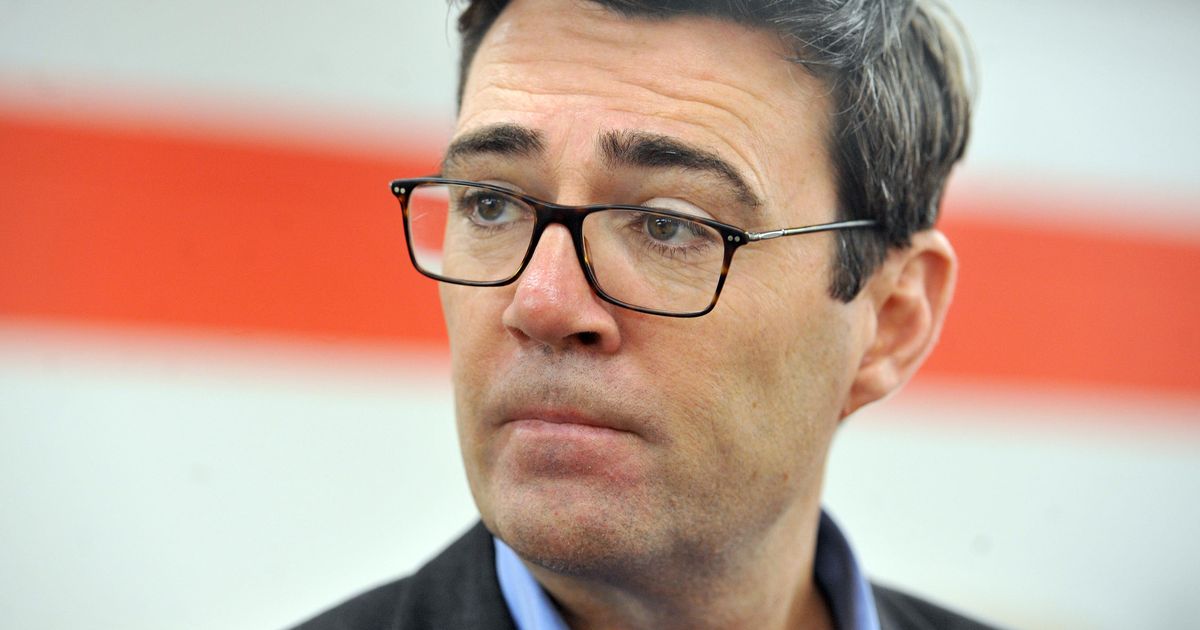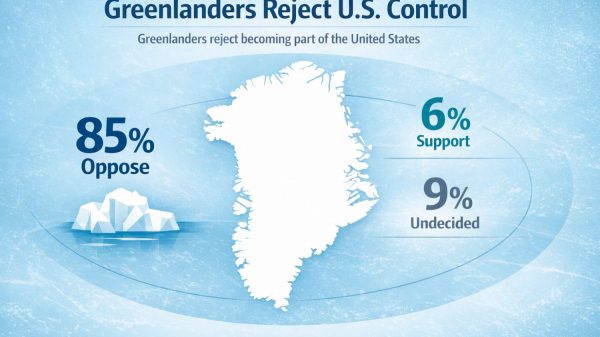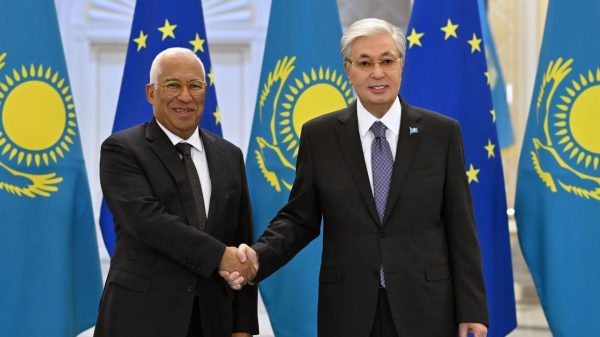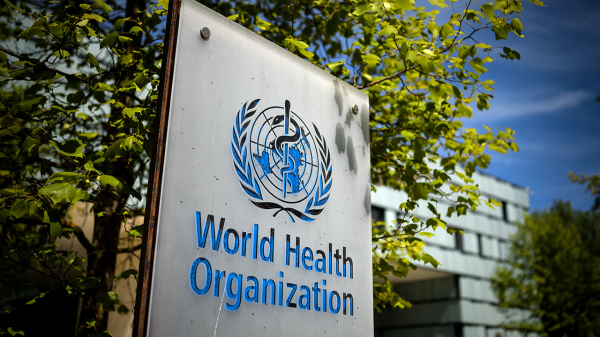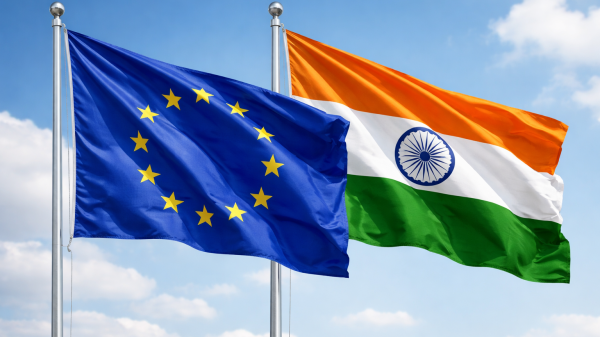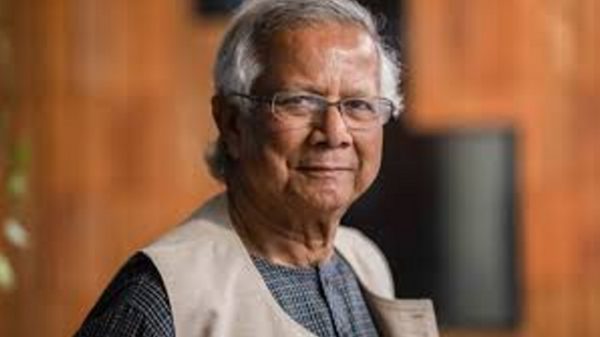Advocate General Andrea Biondi of the Court of Justice of the European Union (CJEU) has advised rejecting Latvia’s appeal seeking to reinstate EU sanctions on Russian businessmen Mikhail Fridman and Petr Aven — marking a significant moment in the evolving balance between foreign policy and individual rights in EU law.
On 30 October 2025, the Court of Justice of the European Union (CJEU) received a landmark opinion from Advocate General (AG) Professor Andrea Biondi, who recommended that the Court reject Latvia’s appeal against the CJEU judgment of 10 April 2024. That earlier ruling annulled EU Council sanctions against Mikhail Fridman and Petr Aven, concluding that there was insufficient evidence to show either man had supported or benefited from the Kremlin’s decisions regarding the war in Ukraine.
Despite the annulment, both businessmen remain “listed” under the EU’s restrictive sanctions regime—effectively enduring a form of summary punishment without a trial, critics argue.
Latvia, backed by Estonia and Lithuania, appealed the April ruling, contending that the Court failed to consider “the structural nature of Russia’s political economy, where business and state are inseparable”. The Baltic governments invoked the EU’s foreign policy objectives under Articles 3 and 21 of the Treaty on European Union (TEU) and reiterated the familiar rhetoric of “Russian aggression.”
In response, Advocate General Biondi dismantled the appeal’s reasoning point by point, reaffirming the principles of due process, individualized justice, and evidence-based decision-making that underpin EU law.
Biondi’s key findings
– Judicial Review Intensity: Even in foreign policy, the courts must ensure sanctions rest on “a sufficiently solid factual basis.” Political context can inform judgments, but cannot replace proof.
– Burden of Proof: The Council must provide “concrete, precise and consistent evidence” linking an individual to regime actions.
– Role of Context: The fusion of business and politics in Russia does not justify presumptive listings.
– Temporal Logic: Past associations—such as the 2005 Alfa Group episode—cannot justify new sanctions without proof of continuity.
– Concept of Benefit: Proximity or access to government is not the same as material support or advantage.
Latvia’s reliance on correspondence, meetings, and affiliations with Russian institutions such as Alfa Bank failed to meet that standard. These reflected influence, Biondi said, not evidence of concrete support. He rejected the idea that EU courts should relax evidentiary standards to fill “contextual gaps,” warning that such logic would erode the rule of law and turn sanctions into collective punishment.
Rule of law vs political pressure
Biondi’s conclusion was categorical:
– The Council’s political discretion does not exempt it from evidentiary obligations.
– The CJEU’s 2024 judgment struck an appropriate balance between foreign policy goals and individual rights under Article 47 of the EU Charter of Fundamental Rights.
– Context and presumption cannot substitute for proof of conduct.
– “Presumptive listings”—the assumption that oligarchs are regime supporters—violate EU legal standards.
He also proposed that Latvia bear the costs of the appeal, including those of Fridman and Aven.
Broader implications
Advocate General opinions are not binding but carry weight: historically, the CJEU follows them in around 70% of cases. Biondi’s reasoning could therefore shape not only this case’s outcome but also the future of EU sanctions jurisprudence.
Legal scholars note that AG opinions often influence the Court’s thinking far beyond individual rulings—refining interpretation, guiding future judgments, and offering critical analyses that the Court’s more formal decisions rarely express.
Biondi’s stance also contrasts sharply with the UK Supreme Court’s recent decision in the Naumenko/Shvidler cases, where judges granted the government wide discretion in imposing sanctions without rigorous factual testing. By contrast, Biondi insists that “context may inform, but cannot replace, proof”—a phrase that may become a defining principle in European sanctions law.
A turning point
The opinion marks a rare reaffirmation of rule of law principles amid the politicization of sanctions policy. If the CJEU follows Biondi’s recommendation—as it often does—this could open the door for other sanctioned individuals to challenge listings grounded in assumptions rather than evidence.
For Latvia and its Baltic allies, the opinion represents a setback in their drive to align EU judicial reasoning more closely with geopolitical objectives. For the CJEU, however, it is a reaffirmation that even in times of crisis, justice must remain individual, not collective.


